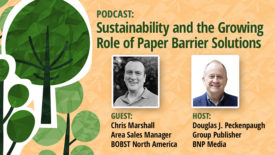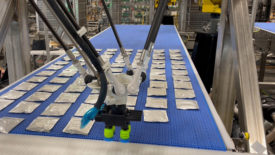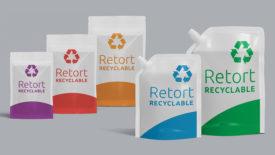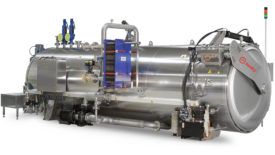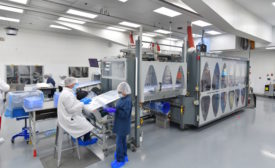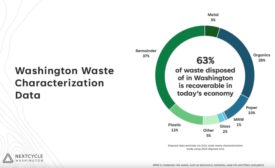Sustainable Packaging
Retort Packaging
Retort Packaging gets Eco-Friendlier
Retort packaging builds its green credentials via recyclable retortable pouches and new machinery that reduces energy consumption and therefore carbon footprints.
April 29, 2024
Guest Column | Signposting Sustainability
Appearances shouldn’t be misleading when it comes to sustainable packaging
April 22, 2024
Keep the info flowing with our eNewsletters!
Get the latest industry updates tailored your way.
JOIN TODAY!Copyright ©2024. All Rights Reserved BNP Media.
Design, CMS, Hosting & Web Development :: ePublishing

